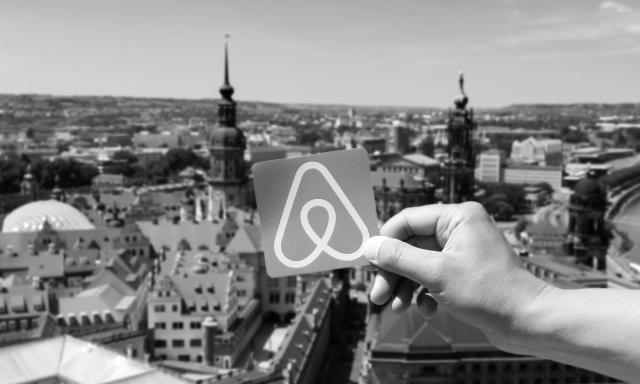
Airbnb and the Value of Values
The Big Idea
To what degree are platform businesses responsible for the actions of their users? Such businesses facilitate exchange between different groups and are increasingly present in our everyday lives; think of companies such as Uber, Facebook, TripAdvisor, Reddit and Airbnb. Those who behave badly on a platform can harm other users, damage the firm’s brand and destroy trust in the company. Yet many platforms have been reticent to intervene in user-generated content for fear of backlash and uncertainty about their responsibility.
As Facebook and other platforms grapple with renewed scrutiny over issues such as privacy and geopolitical manipulation, platform businesses need to create a set of guidelines about when and how they will intervene. Airbnb, which facilitates the renting of homes or spare rooms to guests, understood how others would interpret its responsibility if it allowed white supremacists traveling to the “Unite the Right” rally in Charlottesville, Virginia, to book listings.
The Scenario
Since its founding in 2008, Airbnb has been a disruptive force in the hotel industry. Offering short-term rentals at the homes, apartments and other properties of users, Airbnb provides travelers increased options for location, price and overall experience.
As with any firm disrupting an industry and charting new territory, the company has not been without its share of controversy. After several complaints of discrimination, Airbnb had to decide how to react to claims that hosts discriminated against guests, with a Harvard study showing that users with “distinctly African-American names were roughly 16 percent less likely to be accepted as guests than those with distinctly white names.”1 After the complaints, the company banned certain hosts and initiated a review of its own practices.
In the days leading up to the 11 and 12 August 2017 “Unite the Right” rally, rumors swirled, and heightened speculation focused around how many white supremacists and other hate groups would descend upon the college town of Charlottesville to protest the city’s decision to remove a statue of Robert E. Lee. While no laws had yet been broken, many in the community feared for a credible risk of physical violence, as organizers of the rally sought to create as polarizing a spectacle as possible. With this information, and knowledge from a neo-Nazi website that some of the site’s users planned to stay at Airbnb locations, the company had a decision to make. Should these groups be allowed to book properties on Airbnb?
The Resolution
In advance of the event that did indeed end in violence and tragedy, Airbnb investigated and ultimately canceled the accounts of some users who were involved. At the core of the decision was the finding that the users were in violation of Airbnb’s Community Commitment to “accept people regardless of their race, religion, national origin, ethnicity, disability, sex, gender identity, sexual orientation or age.”
The Lesson
In choosing to delete the accounts of users pursuing behavior counter to Airbnb’s mission of belonging, the company effectively took a stance against racism and bigotry. If the company had enabled neo-Nazi groups to book properties in Charlottesville, Airbnb would be violating its own values, and others would hold it as partly responsible for any violence or harm that occurred.
This example of leadership is especially important as society and government increasingly cede moral responsibility to businesses with their own privacy policies, mission statements and user agreements. It is easy for platform businesses to rationalize away the actions of their users because they did not intend for any harm to occur, yet the general public can still hold a company morally responsible because harmful actions were permitted.
Companies need to understand the different ways in which their platforms could be abused and the conditions under which their stakeholders will hold them responsible. They can then design systems and processes to intervene appropriately and with clear justification. Airbnb should be highlighted as providing an example of responsible leadership for its decision to take a stand, rather than turn a blind eye.
1. Glusac, Elaine. “As Airbnb Grows, So Do Claims of Discrimination,” The New York Times, 21 June 2016. https://www.nytimes.com/2016/06/26/travel/airbnb-discrimination-lawsuit.html.















